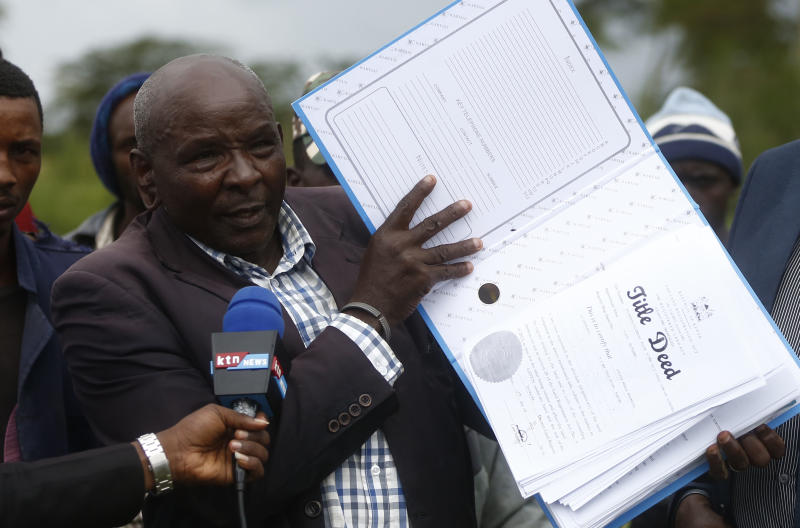×
The Standard e-Paper
Home To Bold Columnists

Keziah Muthoni pensively looks at her picturesque farm. The 54-year-old is worried this could be the last she is seeing of the lush green maize field extending as far as the eyes can see. “I do not know where I will go from here,” she says.